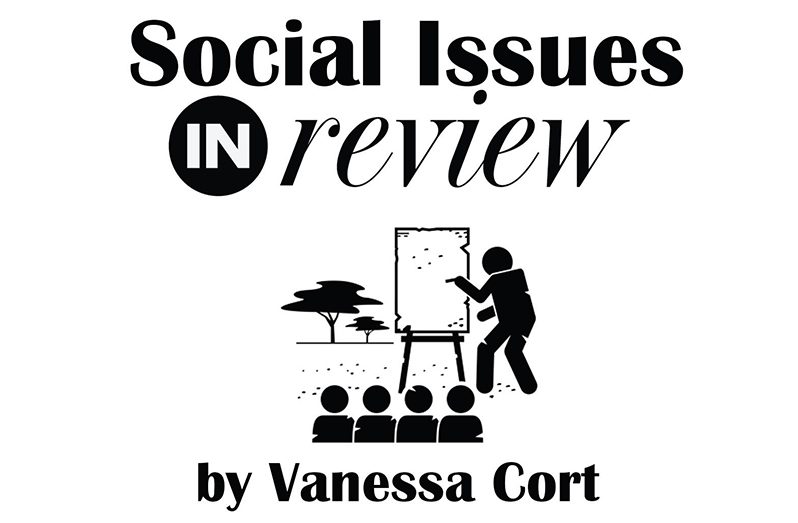TWO Saturdays ago, my eldest daughter called me with the shocking news that her soon-to-be boss had died by suicide.
I had met the young man just days before when he came to her home to collect some documents necessary for her new job.
He was profuse in his apology for failing to get there earlier, as it was already late in the evening when he arrived, complaining of a packed schedule. I remember clearly his words, “I haven’t eaten yet for the day”, and I got the distinct impression that he seemed somewhat overwhelmed by his schedule.
I said as much to my daughter, who related that she had previously ‘told him off’ about his tardiness in contacting her to update her about the job, after promising to do so. Often, she would have to make several attempts before finally getting through to him.
The news that he had taken his own life left both of us not only with a feeling of sadness and loss but also with lingering questions about whether we could have done anything to prevent it.
She regretted not being more patient with him, saying that she sensed that he needed to reach out to someone because of his tone and manner in previous conversations. And I also wondered if maybe I should have delayed him that evening, urging him to slow down and not allow the job to rob him of personal time.
I felt that the pressure of his job was somehow linked to his death by suicide. Of course, none of us will ever know just what caused him to take such drastic action.
This brings me to what a counsellor, Shirvington Haannays, told me was the underlying reason for all suicides – a feeling of hopelessness and helplessness. I also recalled Psychotherapist, Shane Tull, saying that once a person had decided to take their own life there was little anyone could do to stop them.
Then I read, once again, what the experts said about us who are left behind, like this young man’s family and friends. We ask ourselves – should we have recognised that something was wrong? Could we have done anything about it? Why didn’t the individual reach out to someone?
We are often left with feelings of anger, remorse, guilt, confusion and even resentment over why it happened while experiencing the grief and trauma of the person’s death.
We are told that the stigma surrounding suicide makes it difficult for survivors to deal with their grief. However, I offer these words from the Laborers Health & Safety Fund of North America, “Grief after a suicide can be complicated, but it’s necessary to process this grief so we can work through it. Healing after loss is both a process and a journey.”
And to all of you out there who may be feeling that your life is not worth living, that you are without hope and help I say, “reach out to someone”. You may feel, ‘This is not going to get better, ‘no one can help me’, ‘it’s too late for me’. You may also feel trapped in a bad situation, you may think that telling someone is burdening them or that you are a burden to someone.
There are hotlines out there to help you through these feelings and people who are prepared to listen. The Inter-agency Suicide Prevention Helpline in Guyana is open 24/7 and can be reached on 623-4444 or 600-7896. ‘
DON’T GIVE UP!
Here are some tips from the ‘Mind’ group – steps you can take right now – “Take things minute by minute and reward yourself each time five minutes have passed; remove anything you could use to harm yourself; TELL SOMEONE HOW YOU’RE FEELING.”
Lastly, I quote these words of former US President, Barack Obama, “To anyone out there who’s hurting – it’s not a sign of weakness to ask for help. It’s a sign of strength.”


.jpg)











